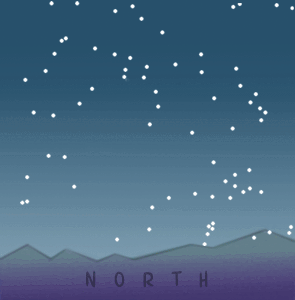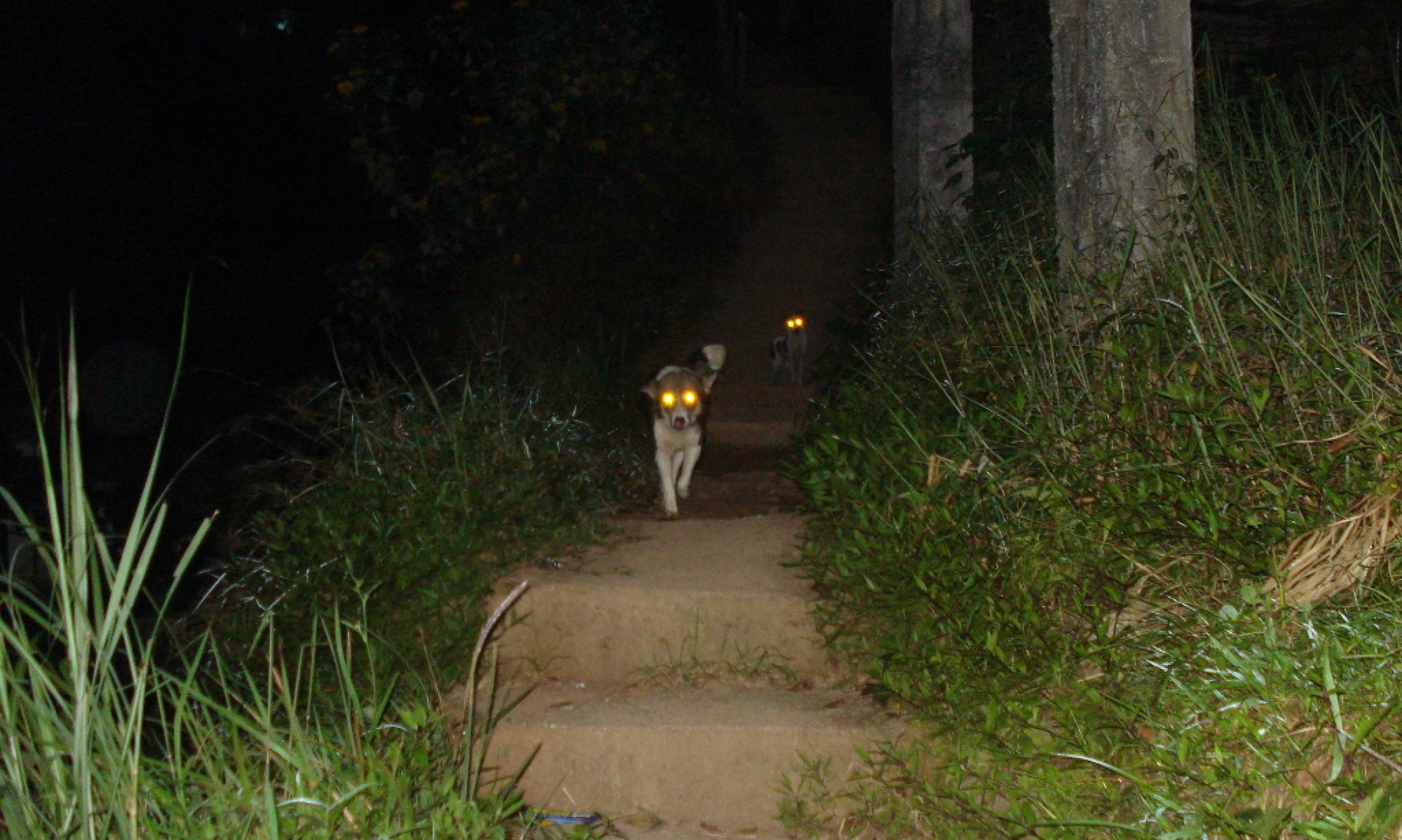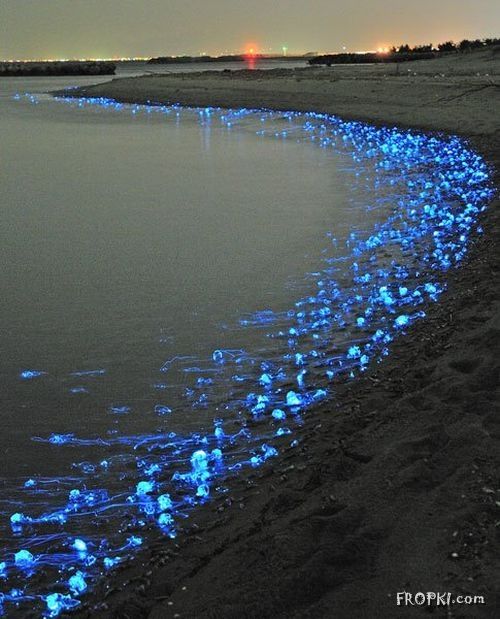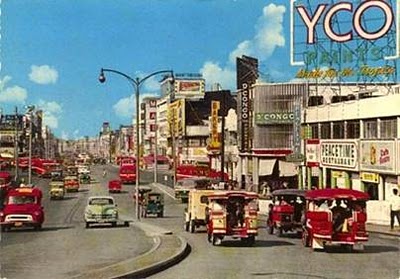For nearly a decade from the mid-1970s onwards, I turned Cavite province into a big backyard, having been able to visit all its municipalities and gradually familiarize myself with its main routes, poblacions, churches and convents, even a number of beach resorts. Don’t ask me the whys and wherefores, because that’s another story.
A half-forgotten Quiapo bookstore
Does anybody above 50 still remember PECO? I do. It was one of my earliest recollections of shopping in Quiapo with my mother.
PECO meant Philippine Educational Company. It was along Arlegui, just a corner away from the north-bound foot of the Quezon bridge, which back then still smelled of fresh river water. A quick search indicates that it was established by one of the Thomasites in the early 20th century, and had become one of the biggest bookstores in the country after World War II. In my vague recollections, it had the feel of a bombed-out building or a huge warehouse, with rough unpainted concrete posts and beams, and would be considered absolutely ugly by today’s Powerbooks standards.
The night Polaris turned my world upside down
You know Polaris, of course. It’s also known as the North Star.
 If you happen to find yourself in strange and trackless outdoors at night — like at sea, in the desert or on a mountaintop — and you don’t have any compass or GPS or radar beam or gas station from which to get directions, you can at least try to fix your position and best route on a mental or paper map.
If you happen to find yourself in strange and trackless outdoors at night — like at sea, in the desert or on a mountaintop — and you don’t have any compass or GPS or radar beam or gas station from which to get directions, you can at least try to fix your position and best route on a mental or paper map.
To do that, you need to find at least one of the four compass points from where you stand. In the northern skies at night, the easiest to find is the north. That’s where Polaris is located. It floats there at one spot of the sky, almost motionless in a fixed position above the North Pole while the rest of stardom appear to rotate around it as the hours pass by. Continue reading “The night Polaris turned my world upside down”



